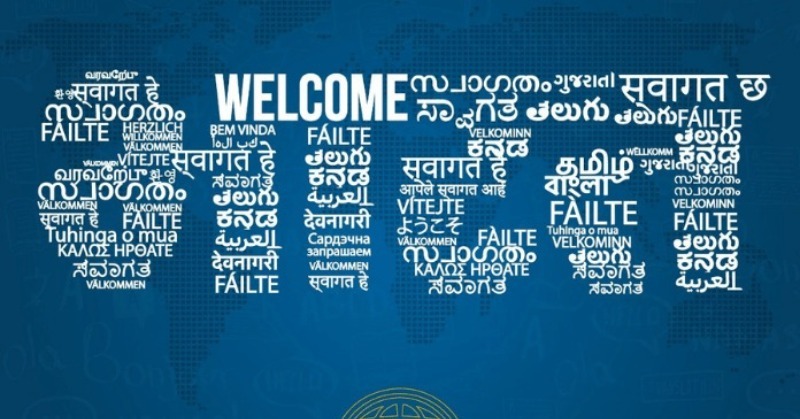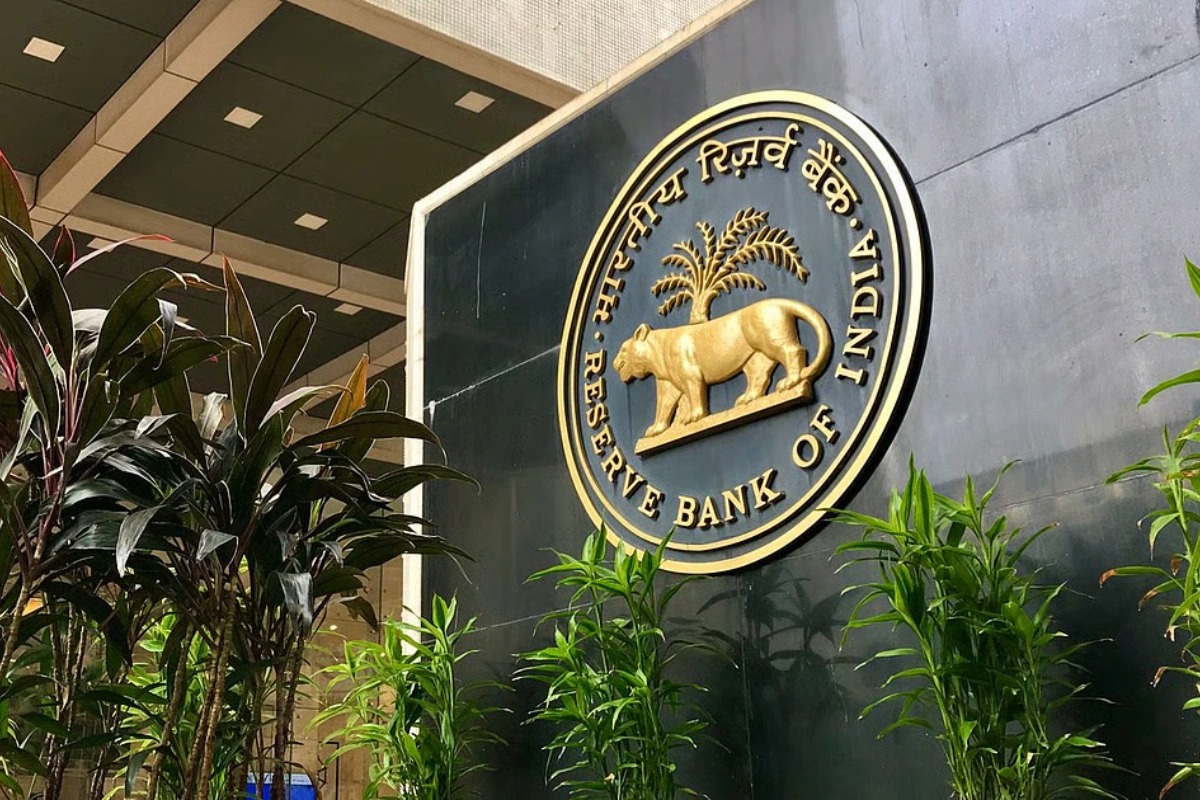
Follow WOWNEWS 24x7 on:
Updated: July 10, 2025 06:53

As Indian cities become filled with diversity and inter-regional marriages are common, the strict boundaries of linguistic identity are slowly fading away. In a recent piece by Ashok Malik in The Economic Times, it is explained how urban India might be silently moving beyond its age-old language wars.
Family as Microcosm of Language Development
Malik ponders the multilingual composition of his own household: Punjabi, Assamese, Hindi, and English are universal across generations
His father and father-in-law, who were both multilingual, would still have spoken only English even if they came from diverse linguistic backgrounds
His children born in Delhi identify Hindi as their mother tongue, contradicting the ancestral languages
Mother Tongue and Ancestral Language
The article contradicts the common opinion that the mother tongue also has to correspond to inheritance from ancestors
Malik argues that the most widely used language in early years—independent of descent—is what actually constitutes one's mother tongue
This variation is more suitable in urban homes where regional languages, Hindi, and English mix together
Urbanization and Linguistic Pluralism
Inter-state marriages and intra-state movement are creating families with over one mother language
Children often serve to act as linguistic bridges, translating across generations
These pressures can undermine the politicization of language gradually and result in greater acceptance
Census and Identity
The 2011 census visit caused strain in Malik's family about what is a mother tongue
These mundane episodes speak of the fluidity of identity in urban India
Sources: The Economic Times, MSN News, News Nation TV, India Times


